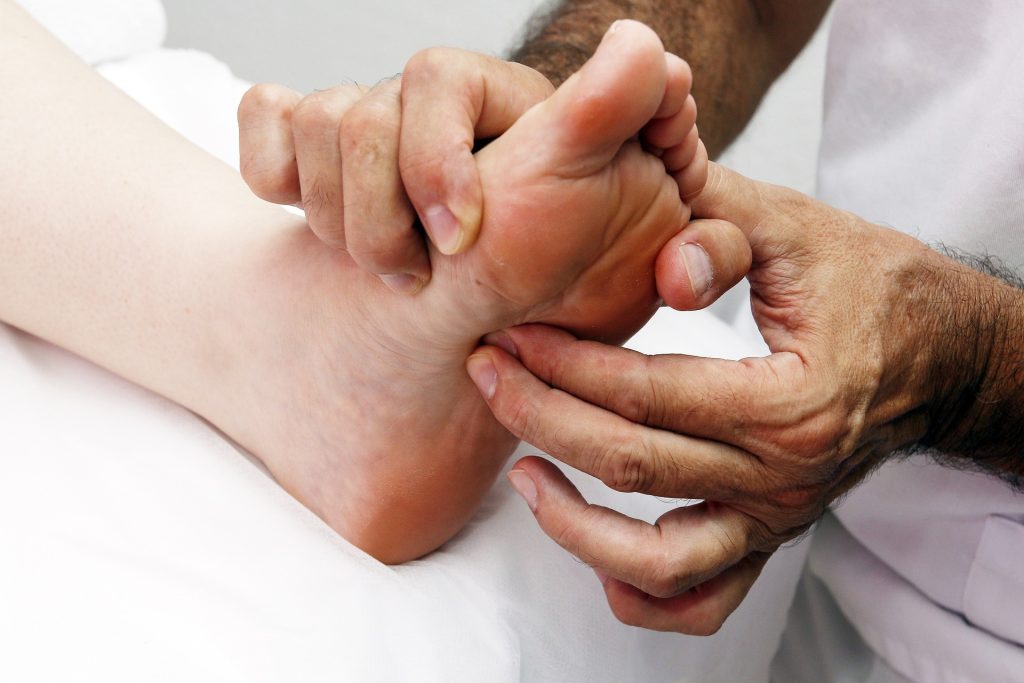Due to the high levels of glucose in the blood that come with diabetes, nerve damage and poor circulation can occur, causing foot problems that can lead to serious complications. Therefore, it is essential for those with diabetes to take extra care of their feet. Here is a checklist of things to keep in mind when it comes to diabetes and foot care:
- Check your feet daily: Inspect your feet every day, including the tops, soles, heels, and between the toes. Look for any cuts, blisters, swelling, or redness. If you can’t see the bottom of your feet, use a mirror or ask someone to help you.
- Wash and dry your feet: Use lukewarm water and mild soap to wash your feet every day. Dry your feet thoroughly, especially between the toes, where moisture can lead to fungal infections.
- Moisturize your feet: Apply a moisturizing cream or lotion to your feet daily to prevent cracking and dryness. Avoid applying lotion between the toes as this can create a moist environment that promotes fungal growth.
- Trim your toenails: Trim your toenails straight across and file any sharp edges. Avoid cutting them too short as this can lead to ingrown toenails.
- Wear the right shoes and socks: Wear shoes that fit well and provide adequate support. Avoid wearing shoes with pointed toes, high heels, or tight-fitting shoes that can cause blisters, calluses, or corns. Wear socks made of breathable materials like cotton or wool to help absorb moisture.
- Protect your feet: Avoid walking barefoot, even indoors. Wear shoes or slippers to protect your feet from injury. Use sunscreen on your feet when wearing sandals or open-toed shoes to protect them from sunburn.
- Exercise regularly: Regular exercise can improve circulation and reduce the risk of foot problems. Talk to your doctor before starting any exercise program.
- Manage your blood sugar levels: Keeping your blood sugar levels under control can prevent or slow the progression of nerve damage and other foot problems associated with diabetes.
- See a healthcare provider: Schedule regular check-ups with your healthcare provider, including a foot exam, to monitor any changes or problems with your feet.
In conclusion, taking care of your feet is essential for those with diabetes to prevent complications that can lead to serious problems. Follow this checklist to keep your feet healthy and avoid foot problems associated with diabetes. Remember, prevention is key, and early detection of any problems can help prevent more significant complications. Always talk to your healthcare provider if you notice any changes or problems with your feet.
